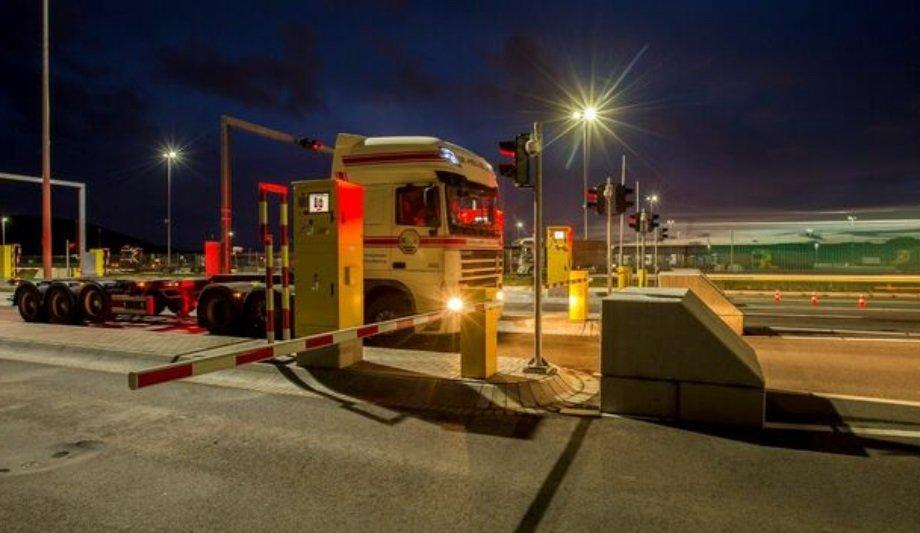From the 1st of October 2024, container cargo from Africa, the Middle East, India and Pakistan can only be collected via the Secure Chain in the port of Rotterdam. Starting from this date, the major shipping lines will no longer issue PIN codes. Containers from these sailing areas will always be securely and reliably released via the new approach. Only hauliers, rail operators and barge operators that have been authorised via the Secure Chain are able to access the terminals.
The introduction for the regions of Africa, the Middle East, India and Pakistan constitutes the third phase in the rollout of the Secure Chain in Rotterdam. The new approach has already been in use for container cargo from Latin America since the 1st of April. North America will follow on the 1st of July. The process of connecting companies with cargo from this sailing area is proceeding smoothly. Ultimately, the Secure Chain will be used for the release of containers from all shipping areas.
Participating shipping lines
All the major deepsea shipping lines have adopted the Secure Chain: CMA CGM, COSCO Shipping, Evergreen, Hapag-Lloyd (via Secure Container Release), HMM, Maersk, Marfret, MSC, ONE, OOCL, Yang Ming and ZIM. As a result, the port of Rotterdam has one uniform operational approach for the secure and reliable release and collection of import containers without a PIN code.
Since its launch, almost 275,000 containers have been handled via the Secure Chain
Since its launch, almost 275,000 containers have been handled via the Secure Chain. Approximately 950 shippers / ship agents and 800 inland operators have already adopted the new, secure operational approach. The initiative for connecting to the Secure Chain lies with the shipping lines; they will each approach their customers individually. Shippers and ship agents who do not want to wait can also pro-actively contact their shipping line. Doing so means they are immediately assured of a secure and reliable operational approach.
Port logistics processes
The Secure Chain is a cooperation between the business community and authorities to digitally boost the resilience of the port logistics processes. One of its most significant components is the more secure and reliable release and collection of import containers in the Dutch ports. To a great degree, the Secure Chain works via the Port Community System of Portbase, the neutral logistics platform for the Dutch ports.
In a closed logistics chain that solely comprises familiar, authorised parties, companies digitally pass on the authorisation to securely collect a container at the terminal to one another. Only an inland operator that has been authorised through the Secure Chain is able to pre-notify its arrival at the terminal and next gain access. The use of PIN codes, which are susceptible to potential abuse, is eliminated.










